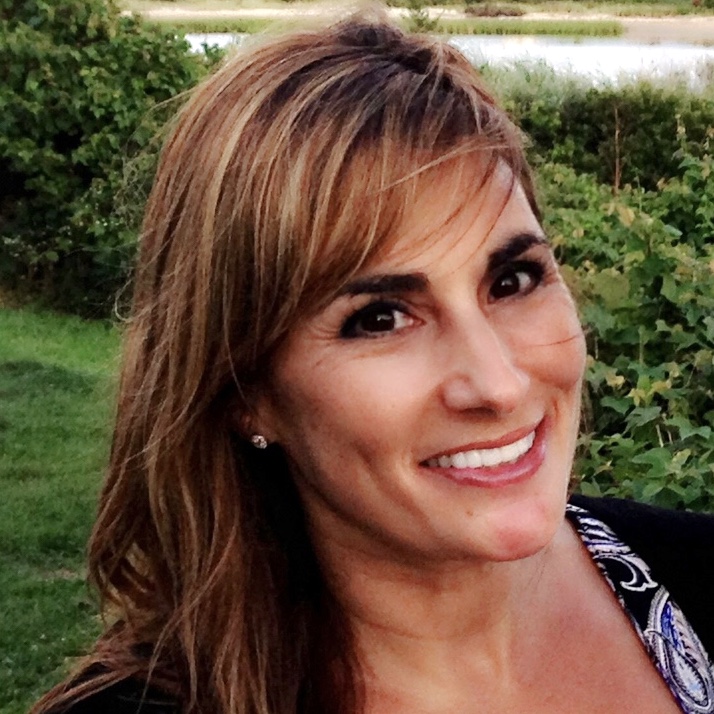
Rarely a day goes by lately when we aren’t asked about the “weight loss miracle drug” semaglutide (also known at Ozempic, Wegovy, and Rybelsus). We are sure you’ve heard about this medicine by now – it has made the headlines over and over and is being used (and endorsed!) by lots of celebrities. The media coverage makes it seem like it’s a wonder drug and a one-size-fits-all easy-peasy approach to weight loss. Sadly, this is not the case.
While semaglutide may be appropriate for some people, at Swan Integrative we are careful about who gets a prescription – and why. We are disheartened by the many clinics in our area that are administering semaglutide as part of cash-based weight loss programs. Many of these clinics are medspas, and even though they are staffed by medical professionals, we don’t think that this approach to weight loss is appropriate or being done in the right setting.
Anyone who has been on a weight loss journey knows that the key to long term weight loss and weight maintenance is to adopt a sustainable diet with high-quality foods that fits within your lifestyle. It doesn’t take a weekly injection to accomplish this! Our approach is to help our patients holistically. This includes dietary changes, discussing exercise and other types of movement, improving sleep quality, managing stress, balancing hormones, and working on the many emotional factors that contribute to our eating behaviors. And that’s only the tip of the iceberg! Yes, some people also benefit from a pharmaceutical nudge, and semaglutide may be appropriate. But for most, weight loss is best accomplished the old fashioned way – changing behaviors, healing your relationship with food, and having support! Here are some basic tips:
Schedule mealtimes
It’s important to try to regularly schedule your meals.
Research shows that those who eat at similar intervals throughout the day have better blood sugar control and weight management.
Be sure to eat balanced meals with plenty of lean protein, fruits, vegetables, whole grains, while avoiding processed and high-sugar foods.
Eat foods that fill you up
Consume foods loaded with fiber, protein, and healthy fats. Some examples are lean animal proteins; plant proteins like lentils, chickpeas, beans; avocados, nuts, and seeds
Eating nutrient-dense meals with plenty of vegetables and lean proteins will help fill you up, reduce overeating, while slowing the release of blood glucose, and provide the fuel your body needs.
Eating mindfully
Practicing mindful eating habits is one of the most important steps to maintaining weight loss.
This means paying attention to your portion sizes and choosing foods that provide nutrients instead of empty calories.
Avoid distractions like watching TV or scrolling on your phone, eating in the car, as these can lead to overeating.
Focus on each bite and savor it so you can enjoy what you eat in moderation and prevent mindless snacking.
Monitor weight regularly
After you’ve achieved your weight loss goal, it’s important to stay on top of your progress by regularly monitoring your weight or body composition. This could be once a week or even once every other week to check in on your progress. This data will help you recognize any potential issues and make the necessary adjustments before they snowball into a big problem. For added accuracy, try weighing yourself on the same scale and at the same time of day every time.
Find exercise you enjoy and develop a routine that fits your lifestyle
Exercise is an important part of keeping weight off, so making it a regular part of your routine will help you stay consistent. Schedule it into your weekly calendar, if necessary.
Aim for moderate-intensity exercise for at least 30 minutes daily, such as walking, running, cycling, or swimming along with strength training to maintain muscle mass.
TAKE ADVANTAGE OF YOUR PREVENTATIVE HEALTH INSURANCE BENEFITS
MAKE AN APPOINTMENT WITH A REGISTERED DIETITIAN NUTRITIONIST
A registered dietitian provides medical nutrition therapy and is your best source of reliable and evidence-based nutrition information. An RDN can also help you determine measurable and achievable goals within your individualized plan for your best health outcomes.
BONUS: Services are covered by most health insurance plans!



